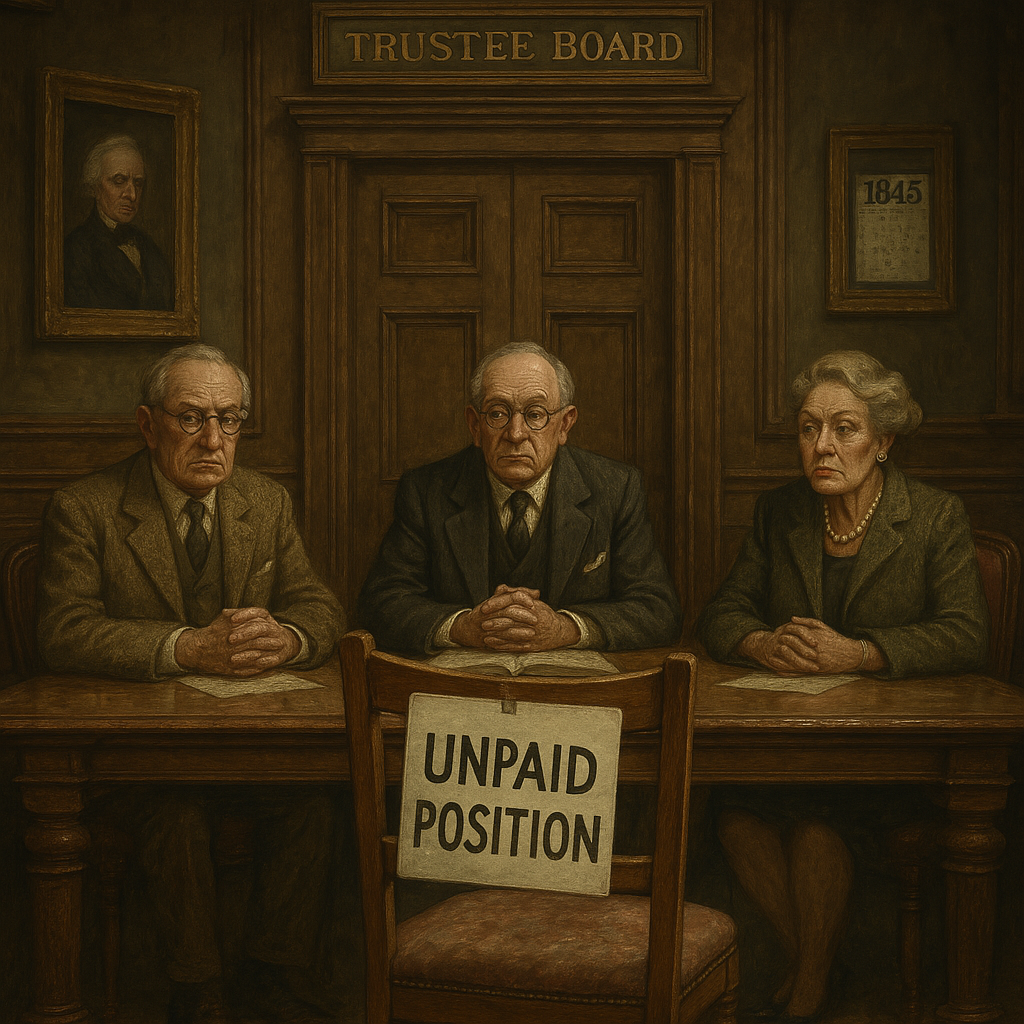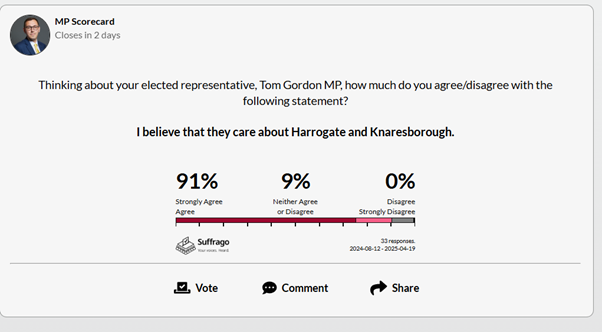My usually chilled-ness demeanour (some will not agree that I am ever this) rapidly turned to rage today when I saw a “job” ad from a well-known Quaker-inspired national charity.
Before I show you the ad, pretentiously, I shall quote myself.
In my blog of May 2024 Not Even Paying Peanuts, I wrote:
“If we were to imagine the perfect way to dysfunctionally govern a charity or a school, the present structure would be it.”
Enter Exhibit A: the Joseph Rowntree Charitable Trust trustee role (job description here).
It’s a serious gig. The expectations?
• Oversee strategy, governance, values, and investments.
• Bring deep alignment with justice and sustainability causes.
• Attend multiple board and committee meetings.
• Carry full legal and ethical responsibilities.
It reads like a part-time executive position. This charity distributes a whopping £13m per year, impacting thousands of needy people.
But it’s unpaid — because charity law forbids payment to trustees.
Which means the only people who can take it on are those who can afford to give away their time. Which, let’s be honest, means:
Older. Middle class. Financially secure. Well-meaning.
Often people looking to inject purpose into post-retirement careers that previously might have lacked it.
Such people — let’s be blunt — and I know lots of them and I love and respect them all, are unlikely to be steeped in modern best practice. They’re not incentivised to challenge or innovate. And yet almost every UK charity is governed by this same blueprint.
I admire wisdom and experience and expertise, but important institutions need the best people, which surely blends a variety of awesome people, many of whom will need to be paid. And all people should be paid for their work.
Charity law may be well-intentioned. But it’s institutionally broken.
It’s the very definition of the UK public sector disease: bad laws, embedding societal dysfunction.
We wouldn’t run a hospital, school, or business this way.
So why do we run our charities like it’s 1845?










